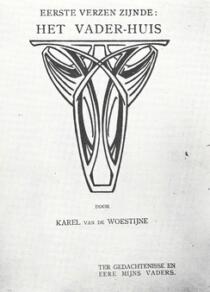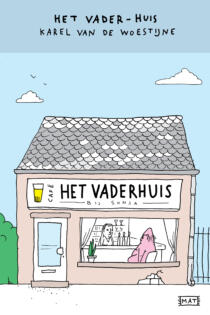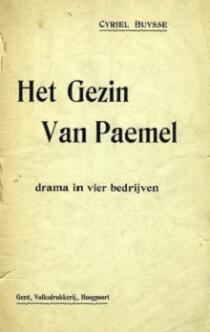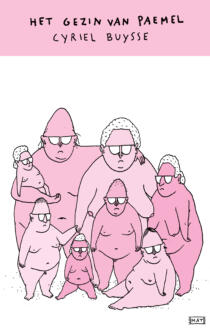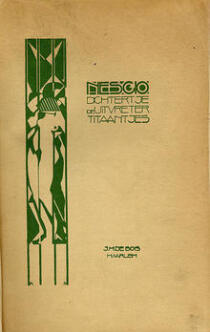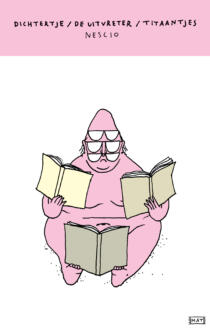Many of these haunting, penetrating verses had already appeared in his first collection, My Father’s House. The volume opens with the dedication “O you, who died in agony, and was a father” and then pulls out all the stops with the stately, ponderous “The house of my father, where days were slower”. After over a hundred years, the verses have lost none of their bite or rich music and continue to appeal to readers of a poetic sensibility.
In My Father’s House, we also find the line “’tis sad that in autumn it rains”, which is so well known that it is even parodied (“’tis sad that in the parliament it rains”). But there is not much to laugh about in the collection itself: the main tone is the sadness of life and the dominion of death, even the death wish.
The early poetry of Van de Woestijne was and still is read as self-affirmation, in which the “strangeness” of the “one-sided consciousness” is the focal point and love is mainly experienced as a crippling threat to this solitude. The narrator is languid, weary and passive.
This fatigue is first and foremost an expression of the decadent disposition of the time: the literary style dictated by the fin de siècle. But it also brought out the tormented emotions of a self-referential consciousness. The time and place relationship is characteristic of the genre, with, for example, impressions of nature at evening, in the dusk, in the oblique (that is, stunted) shadows of the Lys valley landscape.
This poetry has a very sensual and undefined melancholy. Later poems will become more abstract and express a longing (that was present from the start) for transcendence, or contact with a higher state (God, the Void or the Everything). But there is always another voice too, one that fights back against encroaching fears to make space for peace, hope and a “quiet” happiness.
Van de Woestijne’s poetry is appreciated for its rich sound and formal coherence. In his highly structured collections, he employed a very fixed strophe construction and had a preference for the alexandrine with its heavy, lingering sounds and for the more dynamic, shorter iambic pentameter. It is primarily to this rhythm, with its heavy stress on the syllables (which slow down the verse when they are close together) and the combination with nonmetre (the breaking of the fixed metre) and enjambments (where the meaning runs over the end of the verse to the next one), together with an incredible variety of sounds, that the poetry owes its strong musical character.

